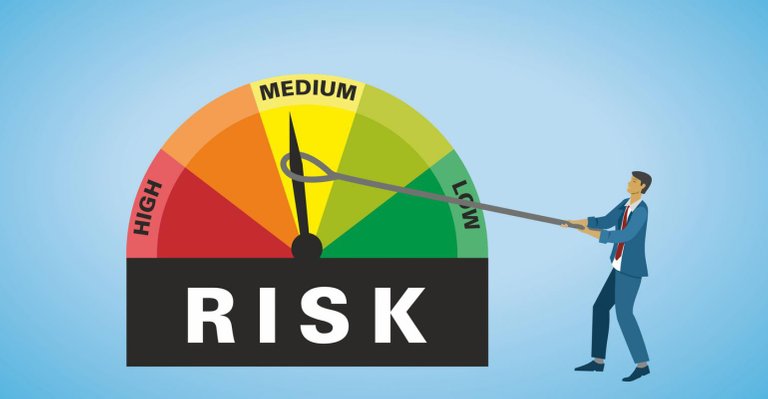Risk Management in Finance:
Risk is innate in each part of life, and the world of finance is no special case. As a matter of fact, risk management is a basic part of any fruitful financial procedure. It's fundamental for financial backers, monetary establishments, and organizations to comprehend the different dangers they face and foster successful systems to limit or relieve these dangers.
In this blog post, we'll investigate the idea of risk management in finance, By understanding these ideas, you'll be better prepared to pursue informed choices and safeguard your financial interests. Effective risk management can assist businesses and individuals in preventing or minimizing monetary losses, legal responsibility, reputational harm, and other unfavorable effects linked to possible risks.
What then is risk management?
The process of finding, evaluating, and prioritizing financial risks, followed by the implementation of plans to lessen or mitigate their possible effects, is known as risk management in the field of finance. The main goal of risk management is to increase opportunities and possible gains while minimizing the probability of financial loss. Simply put, risk management is the ability to put necessary measures in place to avoid financial losses.
Let's get to know the two most important factors, (among many factors) to consider when applying risk management to our finances.
Identify the risk:
identifying possible risks that could affect financial assets or investments. This is the first step that must be taken before venturing into any form of investment. Many at times, we sometimes fail to spot certain factors or unforeseen circumstances before going about an investment. The emphasis is to spot the risk involved in any business before venturing into it.
Evaluate the risk:
 Source
Source
After risks have been identified, they must be evaluated for likelihood and possible effect. Effective risk assessment or evaluation is essential to effective risk management because it enables people and groups to identify the risks that are most important and call for the most attention. Organizations can lessen the impact of risks on their operations, money, and image by selecting risks and adopting effective risk management strategies. Prioritizing risks and deciding on the best course of action for handling them are the goals of risk assessment.
Once risks have been evaluated, appropriate risk management strategies can be developed and implemented. These strategies may include risk avoidance, risk reduction, risk sharing, or risk acceptance.
A key element of any financial plan is risk control. Businesses and investors can reduce the probability of financial loss and increase possible gains by knowing the various kinds of financial risks and adhering to a structured risk management process.
Effective risk management fosters long-term development and success in the cutthroat world of finance while also safeguarding assets and ensuring financial security. Take the time to comprehend and put risk management strategies into practice, and protect your financial interests for a bright future.
THANKS FOR YOUR TIME!
Posted Using LeoFinance Beta
